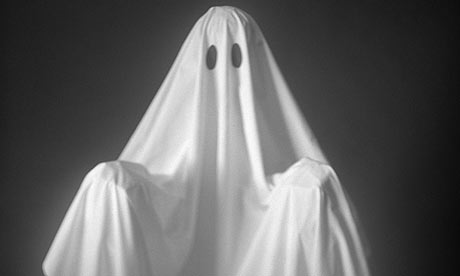Oliver: Has quirky trains of thought that can often lead to annoyance. Fortunately for Oliver, by the time his tangents end, an important connection has usually been made. Some may say that he connects with Pesto, his cat, the best out of anyone on the island. A voice of reason, or maybe just a voice of nature…

Hey it’s Pesto! ;]
Ruth: Communicates not only through spoken word but through the medium of novels as well. Her latest work has been brought to a halt by writer’s block, but have no fear! She will get it done…..some day. Her communication with Nao is definitely an abstract idea of conversation, but that is the best type right?

Okay, maybe I took the type thing a little too far for this one.
Nao: A journal is Nao’s weapon of choice. She writes about the past, present, and future. She also writes to the past, present, and future. In some odd way, she achieves time travel through communication and writing. She doesn’t always know how to communicate with other people, except when it comes to old Jiko, but her journal shows a confidence through her voice.

Nao must have had one of these.
Jiko: Jiko’s words were always worth listening to. She could break down the most complex ideas into short phrases that were packed with meaning. Her last message was the Kanji for sei, or ikiru, and that puzzled many people. Some thought it was unfinished, others thought that it was perfect and simple. Only Nao and her father really knew the true meaning behind it. Jiko had a way of communicating not only with people, but with the world around her as well. She had Buddhist prayers for many activities and she did not take anything for granted. Her slow yet graceful nature was like a smooth dialogue with the planet.

Jiko’s final word.
Haruki #1: He communicated through a secret journal, just like Nao, except his was written in French so no officers could intercept his mail and read his true thoughts on the war and being a kamikaze pilot. Jiko had the official letter that arrived but she knew that they were not his last words. Haruki #1 also possess the power to communicate through ghost form, although his messages can come off as “cryptic” (no pun intended).

Haruki #2: Nao’s father was never very great at expressing himself or talking with the family. When he became a hikikomori, it got even more awkward. He was able to communicate with some of the greatest minds of western philosophy but that didn’t always help his cause. Origami bugs where another hobby of his, which helped him hide his attempts to keep Nao’s auction from going to some hentai in Akihabara.

Origami C. Imperator









